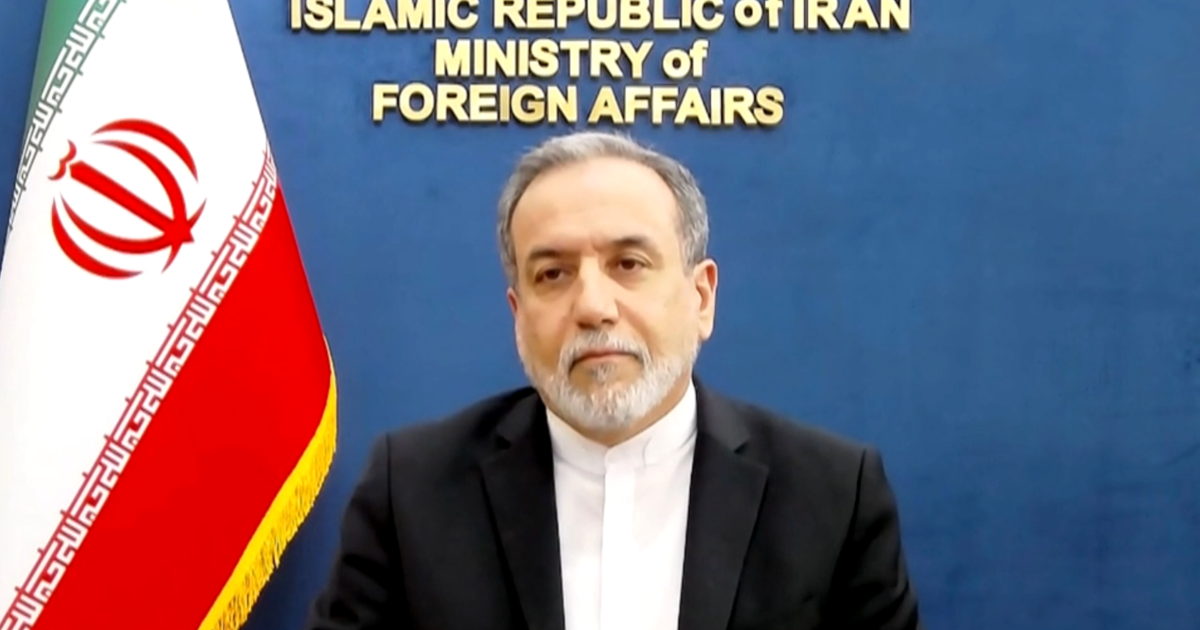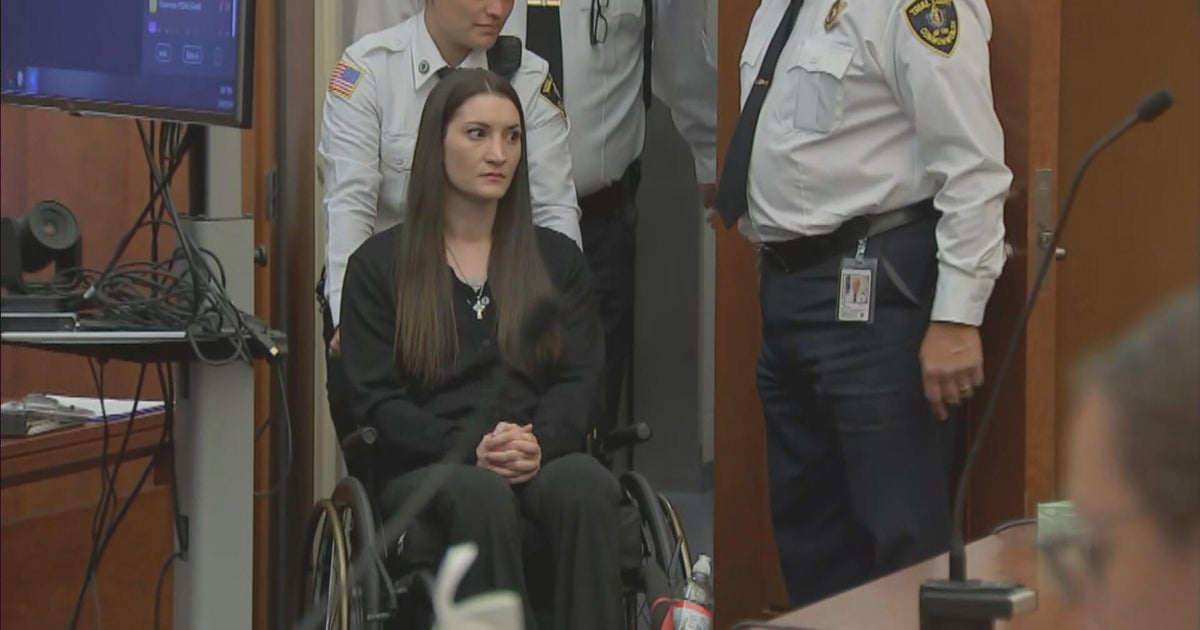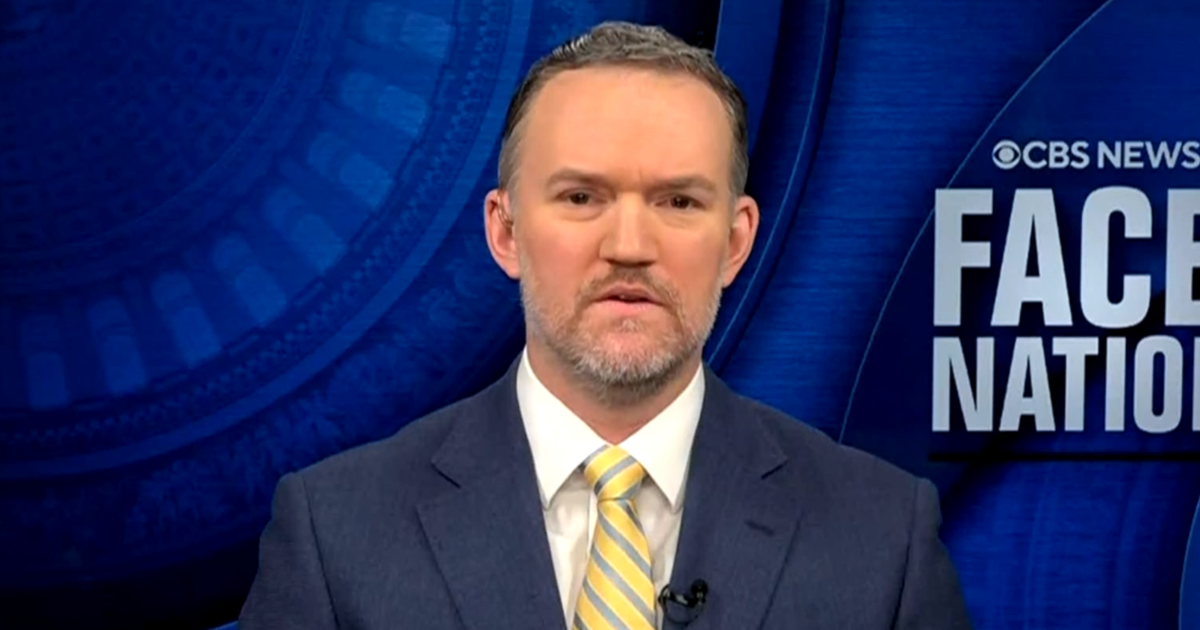Huawei CFO arrest: Meng Wanzhou faces fraud charges, extradition
Huawei chief financial officer Meng Wanzhou, who is facing possible extradition to the United States, appeared in court Friday as she sought bail. The case has rattled markets and raised doubts about the U.S. being able to reach a truce in its trade war with China.
A prosecutor for the Canadian government urged the court not to grant bail, saying the charges against Meng involve U.S. allegations that Huawei used a shell company to access the Iran market in dealings that contravene U.S. sanctions.
Prosecutor John Gibb-Carsley said that Meng assured U.S. banks that Huawei and the shell company alleged to have done business with Iran, called Skycom, were separate companies, but in fact Skycom and Huawei were one and the same.
"Ms. Meng personally represented to those banks that Skycom and Huawei were separate, when in fact they were not separate," Gibb-Carsley said. "Skycom was Huawei."
Meng has contended Huawei sold Skycom in 2009.
Arrest warrant
Gibb-Carsley said the warrant for Meng's arrest was issued in New York on Aug. 22. He said Meng was aware of the U.S. investigation and had avoided the U.S. since March 2017, even though her teenage son goes to school in Boston.
Meng was arrested on Saturday while changing flights in Canada en route to Mexico from Hong Kong. She was detained "on behalf of the United States of America" to face "unspecified charges" in New York, Huawei said in a statement. It added that it is "not aware of any wrongdoing by Ms. Meng."
Prosecutor Gibb-Carsley moved to deny her bail, saying that Meng, who is the daughter of Huawei's founder and has vast financial resources, has incentive to flee Canada because she faces fraud charges in the U.S. that could bring up to 30 years in prison.
Ankle monitor
Meng's lawyer, David Martin, disputed the prosecutor's call to deny bail, saying: "The fact a person has worked hard and has extraordinary resources cannot be a factor that would exclude them from bail."
He said Meng's own personal integrity would not allow her to go against a court order, and that she would not embarrass her father, company founder Ren Zhengfei, by breaching such an order. He said Meng would agree to wear an ankle monitor.
Trade doubts
Meng's arrest came as a jarring surprise after Presidents Donald Trump and Xi Jinping agreed to a trade truce last weekend in Buenos Aires, Argentina.
The case is the latest development in a surprising legal wrangle that raises doubts about whether a U.S.-China trade cease-fire can hold.
Fears of renewed U.S.-China trade hostilities have rattled global financial markets. They tumbled Thursday. Stocks regained their equilibrium Friday in Europe and Asia after conciliatory words from Beijing but fell again on Wall Street.
Trump weighs in
Trump himself sought to inject a note of optimism into the proceedings, going on Twitter before dawn Friday to say: "China talks are going very well!"
Huawei has been a subject of U.S. national security concerns for years and Meng's case echoes well beyond tariffs or market access. Washington and Beijing are locked in a clash between the world's two largest economies for economic and political dominance for decades to come.
"It's a much broader issue than just a trade dispute," said Amanda DeBusk, chair of international trade practice at Dechert LLP. "It pulls in: Who is going to be the world leader essentially. ... It's a Cold War situation."
Meng was detained on the same day that Trump and Xi met at the Group of 20 summit in Argentina and agreed to a cease-fire in their trade war.
Iran sanctions
White House economic adviser Larry Kudlow said Friday on Fox Business Network's "Varney & Co" that Huawei had violated U.S sanctions on Iran. "They had been warned, and finally we had to prosecute that," he said.
He dismissed speculation that Meng's arrest was a deliberate ploy to gain leverage over China in trade talks and said that Trump did not know the arrest was coming.
Huawei is the world's biggest supplier of network gear used by phone and internet companies and long has been seen as a front for spying by the Chinese military or security services.
"What's getting lost in the initial frenzy here is that Huawei has been in the crosshairs of U.S. regulators for some time," said Gregory Jaeger, special counsel at the Stroock law firm and a former Justice Department trial attorney. "This is the culmination of what is likely to be a fairly lengthy investigation."
Trade talks
In a sign Meng's case might not derail the Trump-Xi truce, Beijing protested Meng's arrest but said talks with the Trump administration would go ahead. Chinese Commerce Ministry spokesman Gao Feng said China is confident it can reach a deal during the 90 days that Trump agreed to suspend a scheduled increase in U.S. import taxes on $200 billion worth of Chinese products.
Still, attorney DeBusk said, "I would certainly expect the Chinese to do something in retaliation" for Meng's arrest, perhaps by targeting U.S. companies doing business in China.
She added, "Let's see who doesn't get a permit or which U.S. executive gets arrested."



